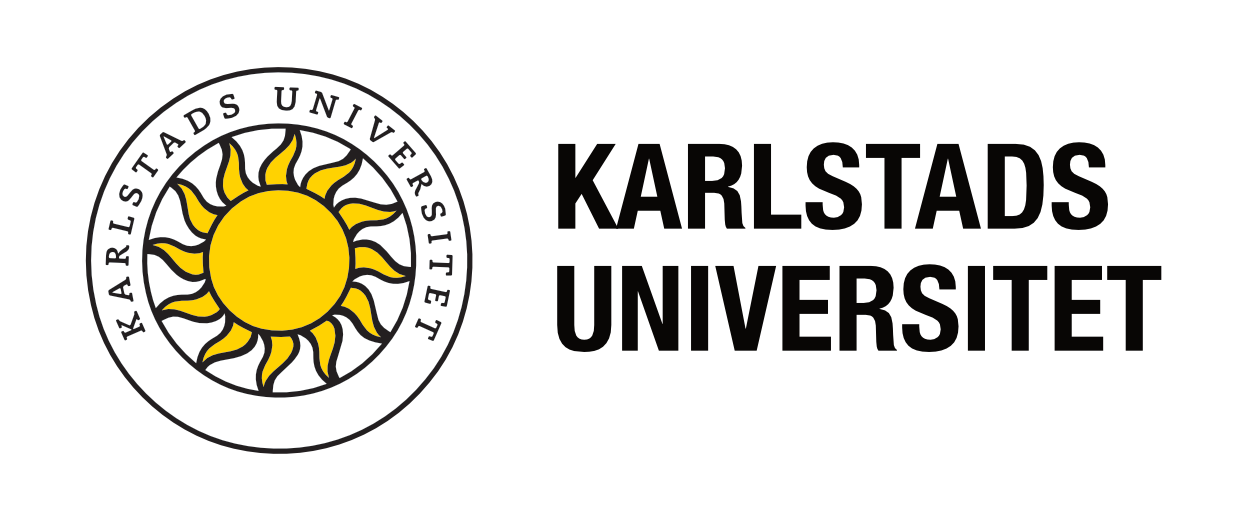How can you best work with peer response on academic text? Peer review versus peer response. Create good text seminars. Using a reading log and three didactic questions for text analysis. — A presentation.
Continue reading “Peer response: Tools to improve student academic writing”Category: _TEACHING-AND-LEARNING
Tips: Systematic language training through a series of programme courses – an example
Here is an example of how systematic language training – reading, writing, managing academic texts – have been implemented in all courses of a 1-year study programme that concludes with an independent project. We hope it will inspire you.
Continue reading “Tips: Systematic language training through a series of programme courses – an example”Planning language progression throughout an entire study programme
A student with generally weak language skills is not likely to solve the issues over the time period of one single course. Measures to strengthen a student’s language skills therefore need to be planned using an overall approach that looks at the entire study programme.
Continue reading “Planning language progression throughout an entire study programme”Mandatory course components: When can we use it?
The general principle for higher education is that it is voluntary for the student. The only mandatory element is the examination. However, certain course components can be made mandatory, even if they are not part of the examination. How?
Continue reading “Mandatory course components: When can we use it?”Giving feedback on poor writing: How do you approach it?
It can be difficult to criticise someone’s writing. And perhaps even more difficult to be at the receiving end. And it will not be made easier if it concerns a course that does not revolve around language at all. Here is some advice on how to increase the chances of successful feedback.
Continue reading “Giving feedback on poor writing: How do you approach it?”Writing academic texts: How to do it?
The Karlstad University Library has collected material on how students write an academic text, for example a scientific essay or report.
Continue reading “Writing academic texts: How to do it?”Reading instructions for students? When and how?
If you arrive at university fresh out of upper secondary school or after several years in working life, it can be difficult to approach the task of reading large quantities of text. How would you – the teacher – describe your target group? Do they need the support of reading instructions and study techniques?
Continue reading “Reading instructions for students? When and how?”Pedagogical café: Discussing language difficulties with students
In the pedagogical conversation with UPE under the heading “How do you discuss language difficulties with students?” in Zoom 17 May 2022, over 60 members of teaching staff gathered to discuss students’ language difficulties and how it affects teaching.
Continue reading “Pedagogical café: Discussing language difficulties with students”Designing Distance Courses: What are the Differences?
Distance teaching requires a different way of designing courses than on-campus teaching. In this short video, we explain the fundamental differences and how it affects you as teacher.
Continue reading “Designing Distance Courses: What are the Differences?”Lessons in hybrid form: Students both in the room and online
Campus teaching with some of the students present online – hybrid teaching – is very demanding for the teacher. But if you are up to the challenge, here are some advice on what to consider.
Continue reading “Lessons in hybrid form: Students both in the room and online”
